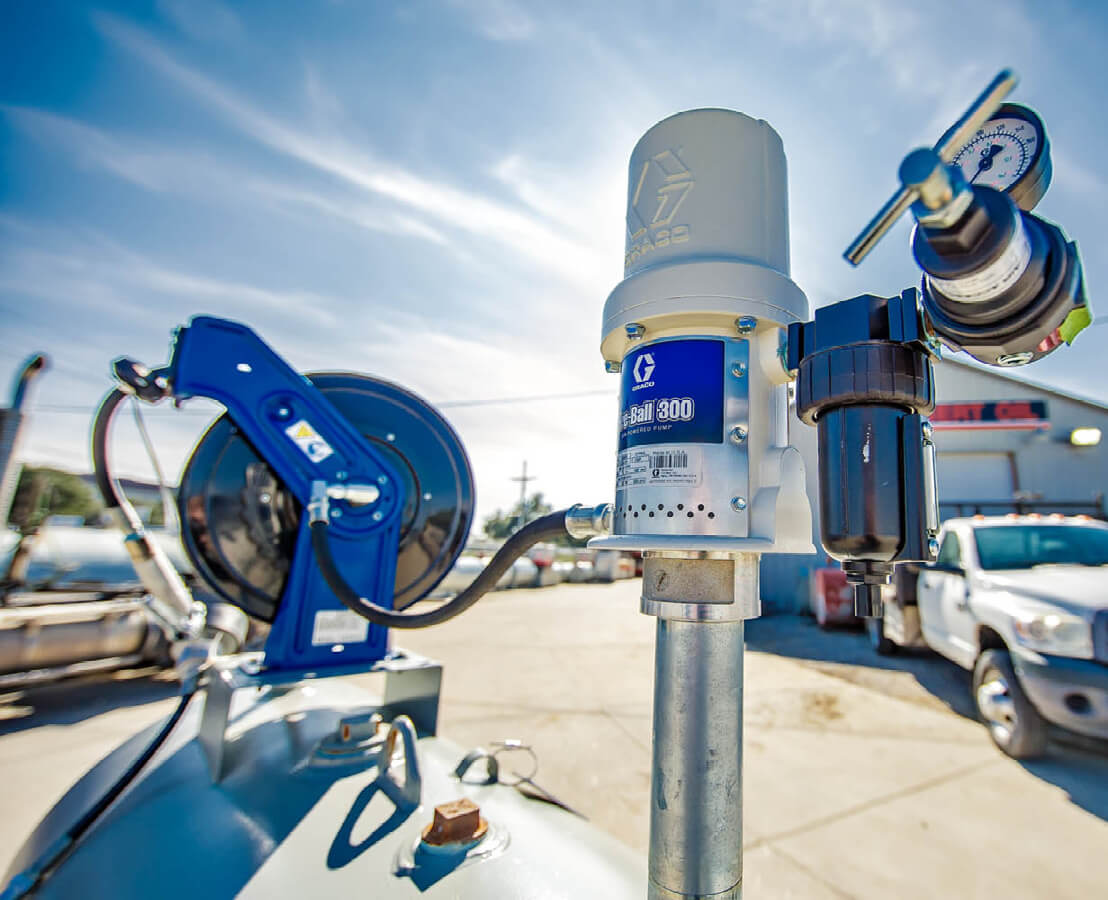A cost-effective approach to resource management
Welcome to the fast-paced world of modern business, where organizations strive to stay ahead by optimizing operations and resource management. Among the many critical aspects of business strategy is equipment acquisition. The decision to rent or buy equipment can have far-reaching effects on financial stability, operational flexibility and long-term success. This blog explores the advantages that renting equipment offers that can be tailored to meet the unique needs and circumstances of your business. Let’s dive in and discover the key advantages of renting equipment in today’s dynamic landscape:
Cost-effectiveness
Renting equipment is often more cost-effective, especially for short-term or sporadic needs. Purchasing equipment can involve significant upfront costs, while rentals typically require a smaller initial investment. Renting also eliminates expenses such as maintenance, repairs, and storage that can add up over time.
Flexibility and scalability
Renting equipment provides greater flexibility and scalability. You can easily adjust the rental period according to your changing requirements. If your needs change or you need different equipment for different projects, you can return the rented equipment and choose a new one. Renting allows you to access a wider range of equipment options without the commitment or expense of ownership.
Access to specialized equipment
Certain projects may require specialized equipment that is expensive or rarely used. Renting allows you to access such equipment without the need for a long-term investment. This is particularly advantageous for industries like construction, where specialized tools and machinery may be required for specific tasks.
Reduced maintenance and repair responsibilities
Owning equipment means you are responsible for its maintenance and repair. This can be time-consuming and costly, especially for complex machinery. Leasing shifts these responsibilities to the equipment rental company, freeing you from the burden of maintenance and repair tasks. If the rented equipment breaks down, the rental company typically replaces it or fixes it at no additional cost to you, which also increases uptime because they will likely have it available.
Up-to-date technology
Technology is constantly evolving, and newer equipment models often offer improved efficiency, safety features and productivity. Renting equipment allows you to access the latest technology without the need for frequent equipment upgrades or dealing with outdated machinery. This can help you stay competitive and improve your operational efficiency.
Storage and transportation convenience
Owning equipment requires appropriate storage space, which can be a challenge, especially for large or bulky items. When you rent equipment, you don’t have to worry about storage facilities or transportation logistics. The rental company typically takes care of delivering the equipment to your desired location and picking it up when you’re done.
Tax benefits
Renting equipment can offer potential tax advantages. Rental expenses can often be deducted as a business expense, reducing your taxable income. Beware that tax regulations vary by district, so consult with a tax professional to understand the specific tax benefits applicable to your situation.
Buying equipment can be beneficial for long-term or frequent use scenarios where the costs and benefits of ownership outweigh those of renting. Each situation should be evaluated based on factors like duration of use, utilization frequency, equipment availability and budget.
Want to learn more about how Gaubert Oil’s equipment rental services can help your business? Contact our team of experts today.
